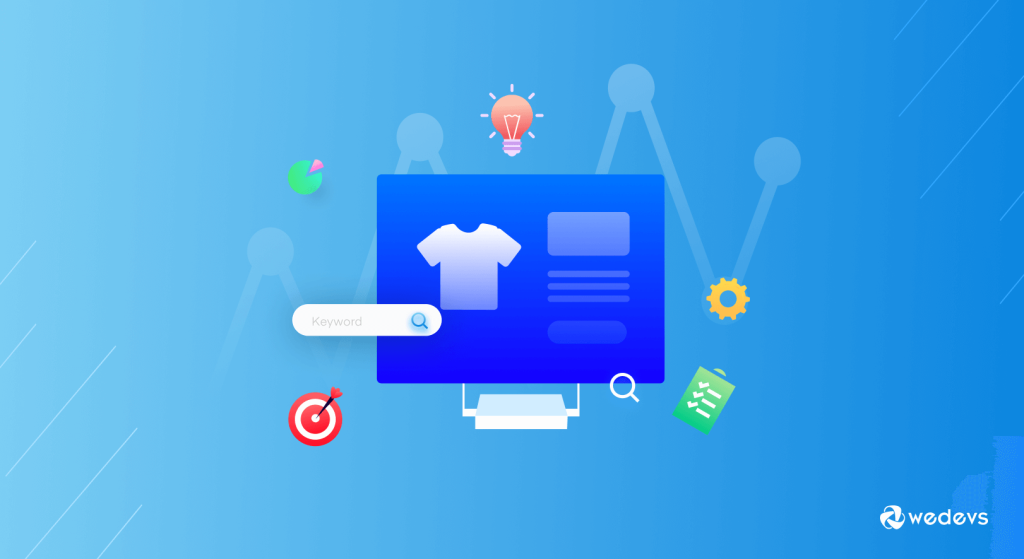Make Your Images Work for Rankings, Traffic, and Sales
When it comes to eCommerce SEO, most store owners obsess over product descriptions, titles, and reviews — and forget one powerful piece of the puzzle:
Image SEO.
Your product photos aren’t just pretty — they’re a ranking opportunity. Done right, Image SEO can help your product pages:
✅ Rank higher in Google Search
✅ Appear in Google Images and Shopping listings
✅ Improve accessibility and site speed
✅ Drive more clicks and conversions
At Rank Up SEO Agency, we help eCommerce brands across the UK optimize image strategy as part of every product SEO campaign.
Here’s your complete guide to Image SEO for eCommerce in 2025 — with step-by-step strategies to help your product pages climb the rankings.
📸 Why Image SEO Matters for eCommerce
1. Google Images Drives Real Buying Intent
Shoppers often search for products visually:
“black leather backpack women”
“modern wood dining table UK”
“gold hoop earrings 18k”
If your product image ranks here — you win visibility before competitors.
2. Better Image SEO = Better Core Web Vitals
Compressed, optimized images:
Improve load speed (critical for mobile users)
Reduce bounce rate
Enhance mobile performance (a Google ranking factor)
3. It Supports Overall Page Relevance
Google doesn’t just scan text — it reads image metadata, file names, alt text, and context.
Well-optimized images help Google understand:
What the page is about
What the product is
Who it’s for
✅ Image SEO Checklist for eCommerce Product Pages
1. Use Descriptive, Keyword-Rich File Names
Before uploading, rename your images.
❌ IMG_29384.jpg
✅ black-leather-backpack-womens.jpg
✅ Use hyphens, lowercase letters, and natural keywords.
✅ Keep names specific to the product.
2. Add Descriptive ALT Text
ALT text serves two roles:
Helps visually impaired users (accessibility)
Helps search engines index your image correctly
✅ Good example:
<img src=”…” alt=”Women’s black leather backpack with gold zipper”>
❌ Bad example:
<img src=”…” alt=”product image”>
Use 5–10 words, including your product keyword + key visual features.
3. Compress Images Without Losing Quality
Large images slow your page down — especially on mobile.
Use tools like:
TinyPNG
ShortPixel
Shopify/Wix built-in compressors
📏 Ideal sizes:
JPG for product photos
PNG for transparent images
WebP for modern, fast-loading visuals
🎯 Goal: Keep each image under 200KB if possible.
4. Use Multiple Images Per Product
Showcase:
Different angles
Close-up details
Lifestyle shots
Variants (color, size, etc.)
Google favors pages with rich media content. It also boosts conversions.
✅ Bonus: Add alt text for each variant to capture long-tail keywords.
5. Implement Structured Data (Product Schema)
Add structured data so Google can show your:
Product image
Price
Availability
Reviews
Ratings
Use:
JSON-LD schema (preferred by Google)
Shopify, WooCommerce, or Shopify apps that automate this
Google’s Rich Results Testing Tool
6. Use Lazy Loading (But Not for Above-the-Fold Images)
Lazy loading defers images until the user scrolls down.
✅ Improves speed
✅ Saves bandwidth
✅ Great for category pages with dozens of images
Just make sure your main product image loads immediately for best UX and SEO.
7. Optimize Image Captions (When Used)
While captions are optional, they can:
Reinforce keywords
Improve user engagement
Clarify product features
Use sparingly — but strategically on collection or editorial-style pages.
8. Use Image Sitemaps (for Larger Stores)
If you have thousands of products, Google may not discover every image.
✅ Submit an image sitemap in Google Search Console
✅ Include image URLs, titles, and captions
Especially helpful for brands that want to dominate Google Image Search results.
🛍️ Real Example: How Image SEO Boosted an eCommerce Store
Client: Luxury Candle Brand – UK-Based Shopify Store
Issue: Slow product pages, low traffic from image search, no alt text used
What We Did:
Renamed 400+ images with proper keywords
Added keyword-rich alt text per product
Compressed all product photos (average savings: 55%)
Applied structured data and lazy loading
Submitted image sitemap
📈 Result in 90 Days:
142% more impressions from Google Images
Page speed improved by 1.7s
28% increase in add-to-carts
Product image appeared in top row of “scented candles UK” image results
🧭 Final Thoughts: Don’t Sleep on Image SEO
Your product photos already exist — now it’s time to make them work harder.
Image SEO isn’t just a technical add-on. It’s a profit lever:
Better rankings
More impressions
Faster site
More conversions
And in 2025, when attention spans are short and mobile rules the game — visual search is only getting bigger.
🚀 Let Rank Up Optimize Your Product Images
We specialize in: ✅ eCommerce image audits
✅ ALT text automation strategies
✅ Site speed/image compression
✅ SEO landing page optimization
👉 Book a Free Image SEO Audit
👉 See Our eCommerce SEO Case Studies
Let’s turn your images into ranking assets.
Let’s Rank Up.




